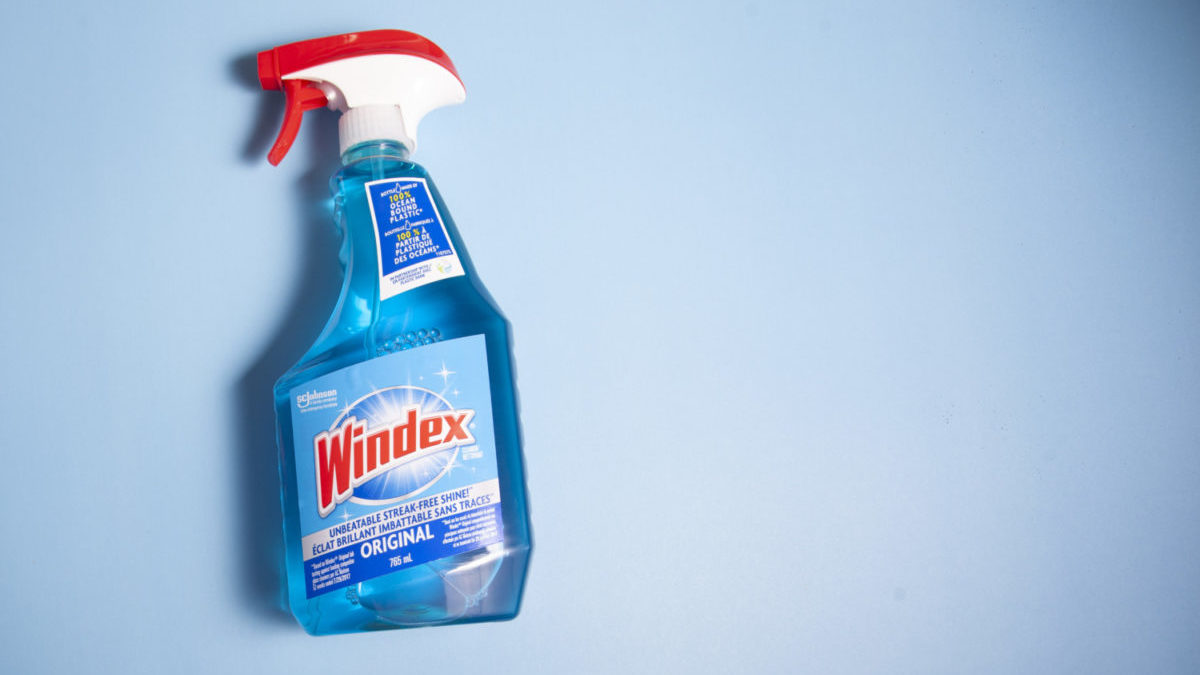As a homeowner, I’m always looking for the easiest and most effective ways to keep my house clean. I’ve tried all sorts of cleaning products, from store-bought to homemade solutions. One product I always have on hand is Windex, the classic glass cleaner. I’ve used it to clean windows, mirrors, and even my kitchen countertops. But, I’ve often wondered: can I use Windex to clean my hardwood floors?

Image: home.alquilercastilloshinchables.info
It’s a question many homeowners ask themselves. Windex is readily available, versatile, and usually does an excellent job removing grime. On the other hand, hardwood floors are delicate and require careful attention. So, is it safe to use Windex on such a valuable investment in your home? Let’s dive in and explore the answer together.
Windex and Hardwood Floors: A Closer Look
Windex is generally known for being a safe and effective cleaner. It effectively removes dirt and grime thanks to its ammonia-based formula. However, hardwood floors are a different story. Unlike glass or mirrors, hardwood floors are porous and can absorb liquids. This means that anything you spill on your hardwood floor, including Windex, can potentially damage the finish.
The main concern is the ammonia in Windex. Windex is a powerful cleaner that may strip the protective finish off hardwood floors, making them dull and more susceptible to damage. While not all hardwood finishes are affected the same way, it’s best to err on the side of caution and avoid using Windex on your floors altogether.
Understanding the Potential Damage
When Windex penetrates the protective finish of your hardwood floor, it can lead to several problems. The most prevalent is dulling of the finish, which makes the floor look worn and less attractive. Additionally, some Windex formulations contain other ingredients, like dyes, which could leave unsightly streaks on your floors.
Even if you have a sealant or finish that resists Windex’s effect in the short term, repeated use of Windex on hardwood floors can damage the protective layer and leave the wood vulnerable to dents, scratches, and stains. Ultimately, this could negatively impact the longevity and value of your floors.
Alternatives to Windex for Cleaning Hardwood Floors:
Many alternative cleaning solutions are safe and effective for maintaining your hardwood floors. Here are some of the best choices for keeping your hardwood floors beautiful:
- Water and Vinegar: This simple mix effectively cleans and disinfects floors, and it is safe for hardwood finishes. Simply combine a cup of white vinegar with a gallon of warm water in a spray bottle.
- Hardwood Floor Cleaners: Many commercial hardwood floor cleaners are readily available at your local hardware store. Check for a pH-neutral cleaner that’s designed for hardwood floors and avoid those with harsh chemicals.
- Soap and Water: A mild soap solution is sometimes sufficient for routine cleaning. Mix a few drops of dish soap in a bucket of warm water, then mop your floor with a clean mop. Remember to rinse the floor well afterward to avoid sticky residue.

Image: choosemarker.com
Additional Expert Advice for Cleaning Hardwood Floors:
To ensure the longevity of your hardwood floors, adopting a few best practices is crucial. Here are some tips from my experience as a blogger:
- Always dust or sweep your floors before mopping. This removes loose dirt and debris that can scratch the finish when mopped.
- Use a soft-bristled brush or microfiber mop for cleaning. Avoid using abrasive sponges or scrubbers that can damage the floor’s finish.
- Always wring out the mop thoroughly before applying it to the floor. Too much water can seep beneath the finish and lead to warping or damage.
- Dry your floors completely after mopping. This helps prevent water spots and ensures that the floor dries quickly.
- Avoid using harsh chemicals. Stick with pH-neutral cleaners or natural alternatives like vinegar and water, as harsh chemicals can strip the finish and leave your floors vulnerable.
- Protect your floors from heavy furniture by using felt pads or furniture sliders.
Following these tips will ensure that your hardwood floors remain beautiful and in pristine condition for many years to come.
FAQ about Cleaning Hardwood Floors:
Here are some frequently asked questions about cleaning hardwood floors:
How often should I clean my hardwood floors?
The frequency of cleaning depends on the amount of foot traffic your floors receive. As a general rule, it’s wise to dust or sweep your floors a couple of times a week and mop your floors once a week. You may need to mop more frequently if you have pets or young children in the house.
What is the best way to remove a spill from hardwood floors?
Act quickly to prevent spills from soaking into the wood. Blot up the spill with a clean cloth or sponge, making sure to absorb the liquid without rubbing it into the floor. For sticky spills, you can use a mild soap solution or a commercial hardwood floor cleaner.
Can I use a steam cleaner on hardwood floors?
While steam cleaners can effectively clean floors, they may not be safe for all hardwood floor finishes. Some finishes can be damaged by the heat and moisture from a steam cleaner, so it’s best to consult the manufacturer’s instructions on your floor finish. If your finish is compatible with steam cleaning, use a low-heat setting and avoid holding the steam cleaner in one spot for too long.
Can You Use Windex To Clean Hardwood Floors
Conclusion:
To sum it up, while Windex is an effective cleaner for other surfaces, it’s best to keep it away from your precious hardwood floors. The ammonia in Windex can damage the protective finish, leading to dullness and making your floor more susceptible to scratches and stains. Instead, opt for gentle cleaners like vinegar and water or pH-neutral commercial hardwood floor cleaners to keep your floors sparkling clean and protected from damage.
Are you interested in more tips for cleaning your hardwood floors?



/GettyImages-173599369-58ad68f83df78c345b829dfc.jpg?w=740&resize=740,414&ssl=1)


